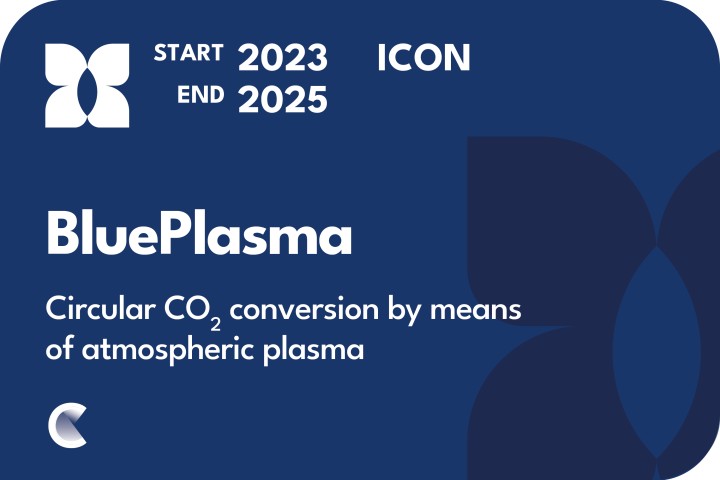
The case for CCU: CO2 as feedstock
The Renewable Carbon Initiative’s (RCI) report, Making a Case for Carbon Capture and Utilisation (CCU), authored by Christopher vom Berg and Michael Carus (2023), presents a compelling argument for CCU as a transformative technology in global efforts to address climate change. While often overshadowed by Carbon Capture and Storage (CCS), CCU offers unique advantages by integrating carbon into circular economies and sustainable supply chains. This blog explores the key insights from the report and underscores the critical role CCU could play in fostering innovation, reducing emissions, and creating a sustainable industrial landscape.










